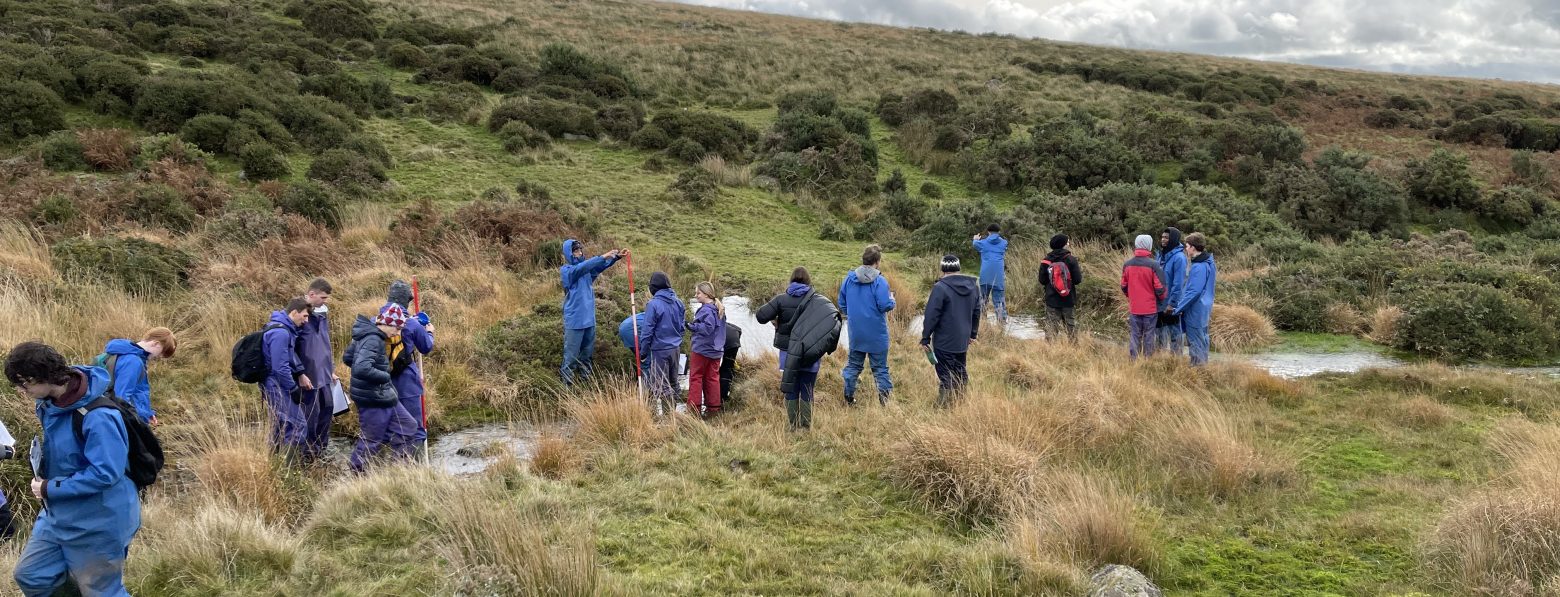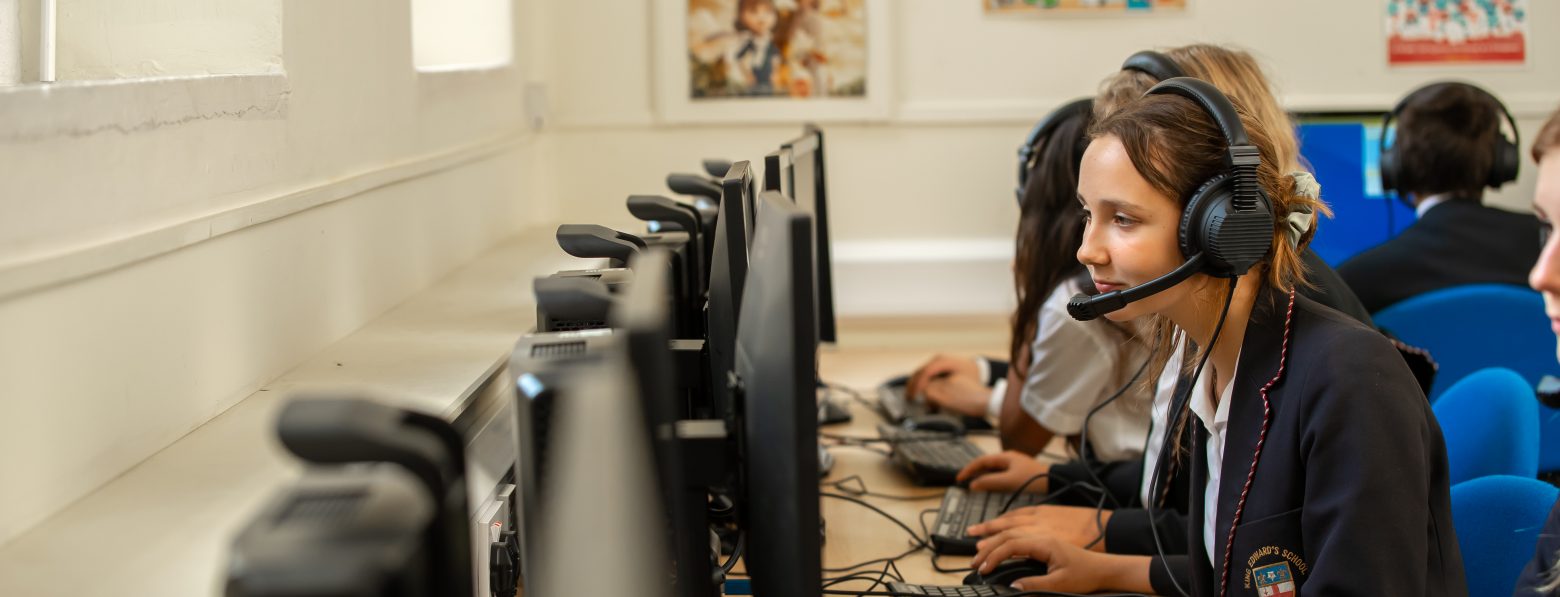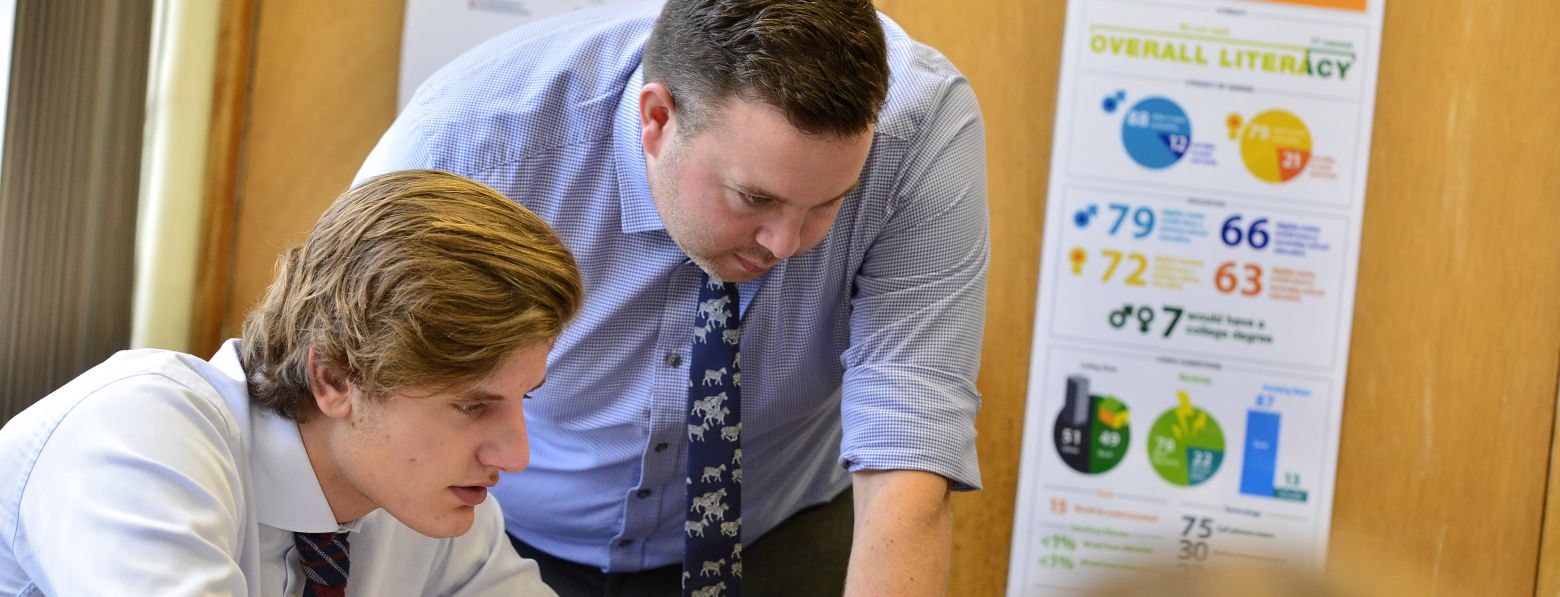Humanities

Through humanities King Edward’s hopes its pupils find their place in the world, through a programme of core disciplines that shapes them for a lifetime of critical thinking.
History
Are you a dangerous person? Do you question people and values? Do you have your own opinions and stand up for them? If so, then History is for you.
History teaches and refines the skills of argument and critical analysis based on actual human experience. The historian deals with actual events and real people and an understanding of our past is fundamental when dealing with present day problems and conflicts. It gives us an insight into the development of our societies’ beliefs and foundations. In our learning every pupil acquires and refines the skills of argument and critical analysis based on actual human experience; is taught how to collect, collate, order, analyse and evaluate information; to present a case, to criticise and compile a report. These are very important skills, applicable in many walks of life, such as law, the civil service, journalism, armed forces and business and finance.
History is taught from 1st to 3rd Form, giving every pupil enough knowledge and the skills to pursue History as a GCSE option. In the Sixth Form, History is offered as an A-level subject. Sixth Form groups attend specialist lectures to enhance their understanding of topics and deliver a taste of university study.
Beyond the classroom the History Department runs field trips, some local such as Portsmouth Harbour; Hampton Court Palace, the Imperial War Museum and further afield to the Battlefields of Belgium and France and in recent times the Department has run trips to Berlin, Moscow and St. Petersburg.
Geography
Geography at King Edward’s is a curriculum subject from 1st Form. The curriculum is broad, covering Human, Physical and Environmental Geography through contemporary themes and fieldwork investigations. By the end of the 3rd Form pupils will have a good grounding of the discipline to confidently choose Geography as a GCSE option.
In the Sixth Form, A-level Geography provides pupils with a unique and highly desirable skillset, enabling them to apply their academic learning from a huge range of different subjects (including Economics, Politics, Science, History, Business Studies, Religious Science and Art) to make sense of the world around them on every level, from local to international, and understand the complex web of human and physical factors which will shape the future of the planet.
A-Levels involve coursework based on original field-work. All pupils will participate in fieldwork and trips, ranging from local scale investigations to Iceland and beyond. The Geography Department prides itself on the use of key technologies, such as VR, GIS and Weatherlink, as well as taking part in regular visits and talks provided by the Royal Geographical Association, Geographical Association and other pertinent organisations relevant to the contemporary study of the subject.
Religious Education
King Edward’s essence was born of a Christian vision – ‘a place to lodge Christ in’. Christian values and principles are an influence in developing our pupils’ strong sense of moral and spiritual awareness. Regular Chapel services form part of the school week bringing the school community together. Our pupils benefit greatly from the knowledge and experience of our international community, enhancing the range of our discussions of faith and belief. We build their understanding and tolerance further with trips to synagogues, mosques, temples and other places of pilgrimage.
Religious Education is taught as an academic subject from 1st to 3rd Form. Pupils may opt for GCSE Religious Studies in 4th Form. Everyone has a good understanding of the major world religions and the ethical and philosophical views that are formed alongside these. The RE Department arrange trips to India for World Religions, Iona for Pilgrimage and to Costa Rica for Stewardship.
Philosophy
In the Sixth Form, Philosophy is currently taught at A-level.
Philosophy pupils develop an intellectually, independent and creative way of thinking. It promotes metacognitive skills. They formulate arguments in a rational and logical way as they critically examine their own experience and their ideological and cultural biases. They become aware of the plurality of philosophical traditions, ideas and concepts and develop their own thinking as they evaluate different ideas and arguments. They are trained to test hypotheses and interpret data and source material. They will then express the ideas clearly and coherently and be able to demonstrate knowledge and understanding of concepts, arguments and questions. This course has a focus on epistemology and political philosophy.








